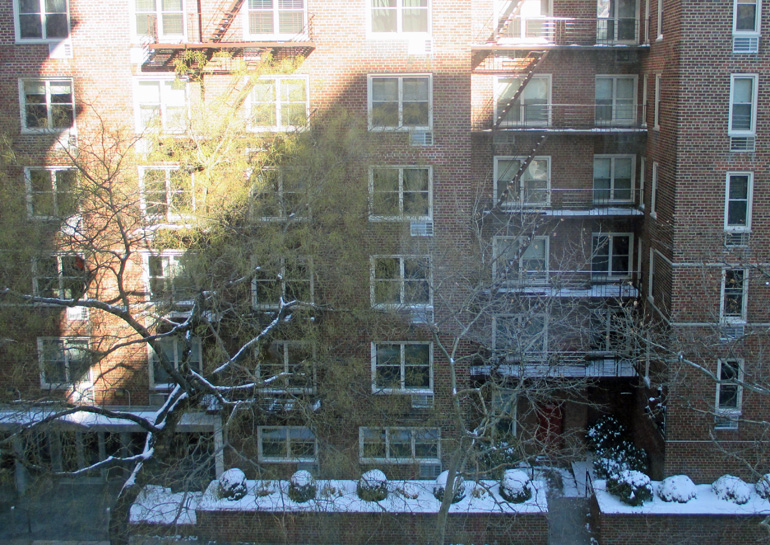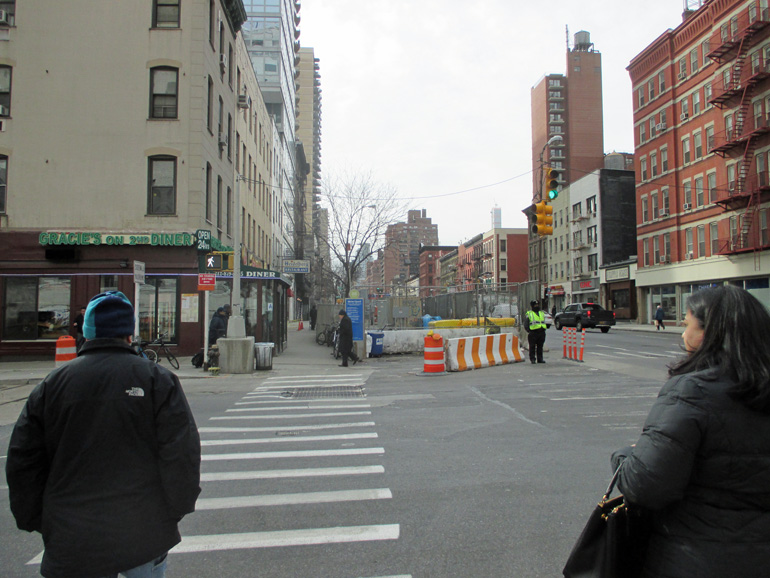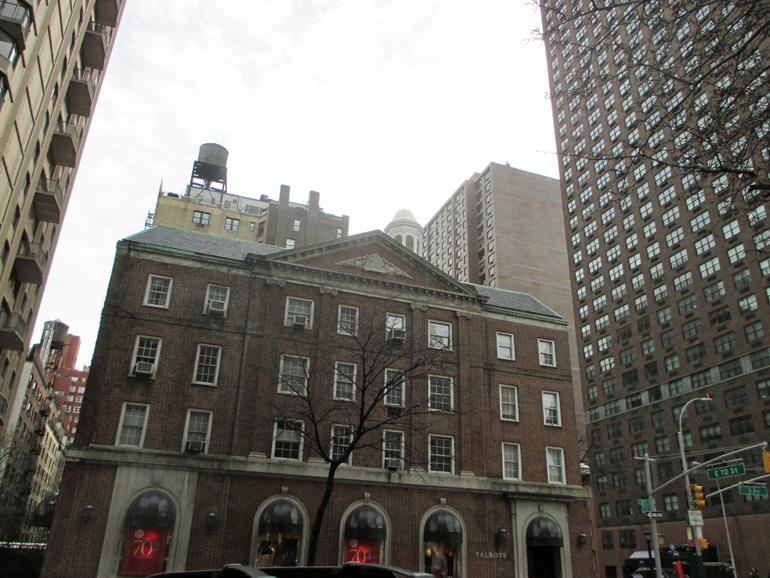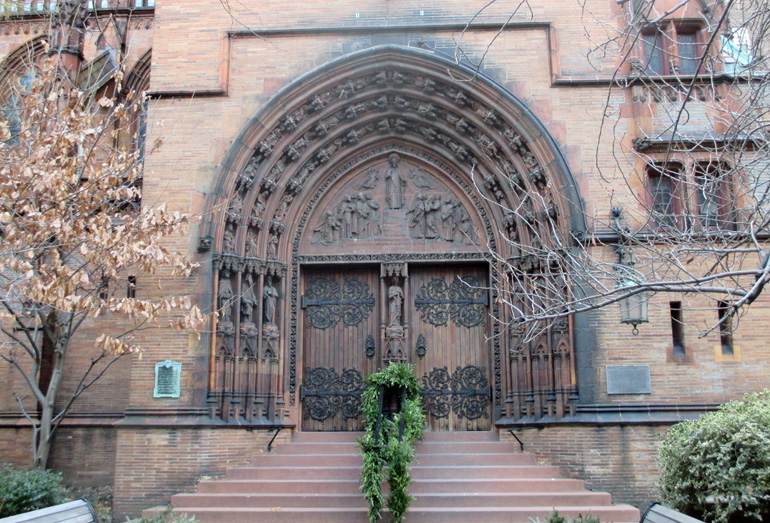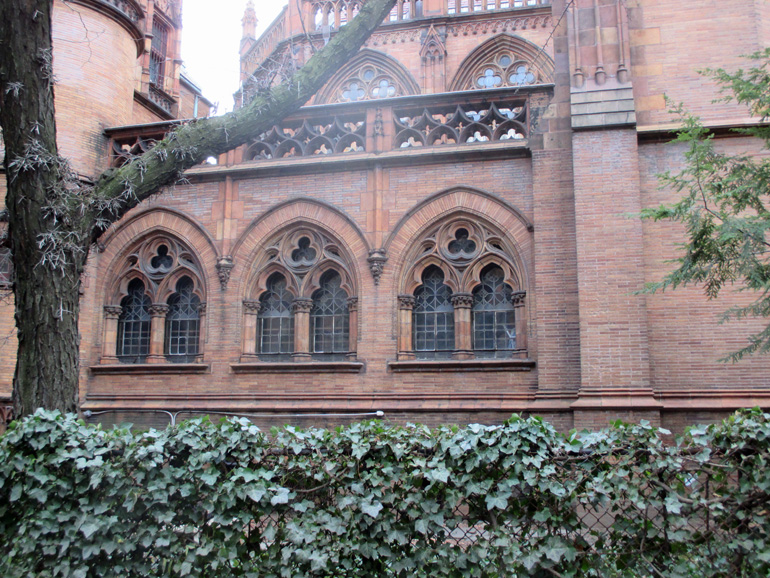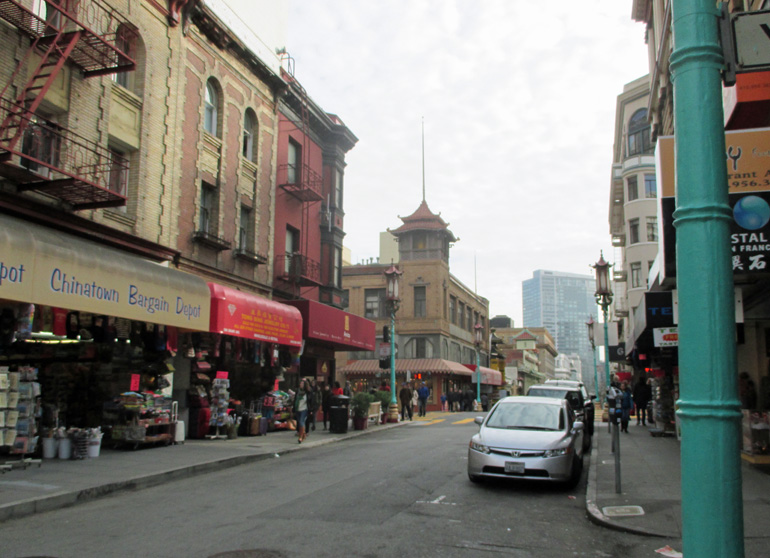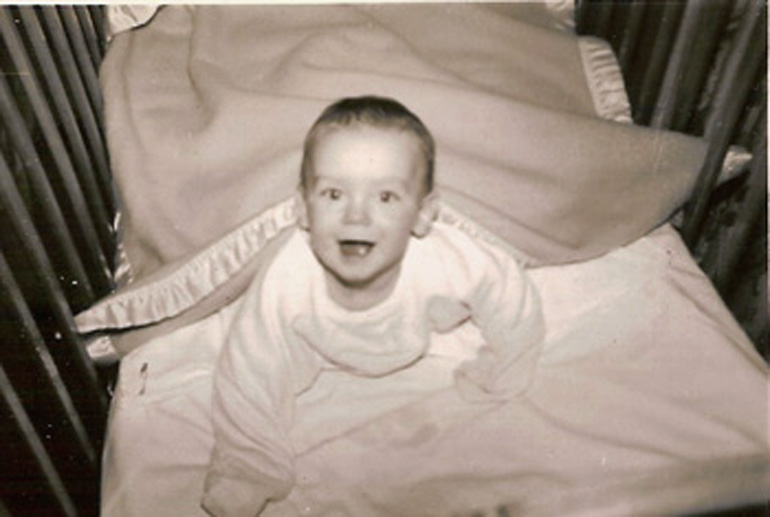Gotham Diary:
Caution to the Winds
30 January 2015
Friday, January 30th, 2015
It is chastening to read the essays Marilynne Robinson’s The Death of Adam with such warm, even enthusiastic concurrence — only to realize that Robinson’s thoughts, with which I so closely agree now, were published in book form in 1998 (and presumably published elsewhere earlier than that), at a time when I, as they used to say of the British in the days of Rameses II, was living in caves. My enthusiasm is itself something of a betrayal, indicating how recently I have come to see things as I do.
I don’t take it too badly. I have stumbled and muddled my way to current clarity, helped by a series of thinkers whom I “discovered” just when I needed them. Albert Hirschman, Hannah Arendt, John Carey and Marilynne Robinson. More than for what they taught me, I owe these writers gratitude for helping me to see the figure in the densely-woven carpet of my mind. If Robinson, who is only a few years older than I am, had a twenty-year lead on my intellectual development, I don’t begrudge it or shrink with shame. In addition to greater brainpower, she was given a boost by a lucky fit between her temperament and her stubborn attachment to the faith of her fathers. Although her prevailing tone is one of complaint, she is never a scold. She is in calm possession of a right understanding.
Could I please be specific?
***
When I say that I can’t believe that I’m 67, what I don’t mean is that I never thought I’d ever get old. (If I ever thought that I’d never get old, it was because I doubted that I’d live long enough.) What I mean is, what happened in the past twenty years? The answer is: nothing much. To put it simply: Kathleen and I lived in the same apartment for thirty-one years. People died, got married, were born; some people came to New York, while others left. Yes, there was 9/11. But I’ve begun to regard that catastrophe as an event that brought what was already a sluggish pace in civic life to a near-complete halt. We have been going through the motions ever since — one plausible explanation for the financial crash of 2008 — and bending ever more desperately toward the screens of our devices, as if what was most real about life could be presented as a video game.
In the middle of the last century, there were some big shakeups. You could take three-quarters of it, 1914-1989, as an ongoing nightmare. But a shorter period, 1945-1965, witnessed a series of violent changes in the way many people were expected to live. Totalitarianism went into high gear in Russia and then China, while a seemingly milder but no less corrosive coerciveness was introduced into American life. In one of history’s grosser ironies, it was the need to make a parade of American virtues that prodded practical politicians to launch an extremely unpopular reform, by putting an end to Jim Crow and assuring black Americans equal voting rights and access to public goods. At the same time, European governments permitted the entry of “guest workers,” mostly of Islamic background, who, it was rather naively expected, would return to their homelands when their jobs were done. All of these moves were perceived as “progressive” — that is, they were thought to cap the progress of Western Civilization (even in China!) from the primitiveness of the ancien régime to something — something much better. Edicts and new laws would transform society. The naïveté was very nearly universal.
Society was not transformed. What the flurry of reform produced was resentment and caution. These are what we are living with today. I need say nothing about the resentment. All you need do to take its measure is to follow an online argument about American Sniper. In America, resentment was never directed so intensely at newly enfranchised black people as it was at the government that had ordered the enfranchisement, and that resentment persists, ever more pure, ever more tied to the right to own guns. And blacks, by the way, are still not treated equally. Lot of good &c.
The spectacle of this resentment only intensified the caution of those who understood that societies cannot be changed by plans and programs. It seemed clear that positive political action was prone to unintended, unwanted consequences. And no matter how rooted sentiment remained to the past, a new legal structure provided new opportunities for opportunists. The world hadn’t changed, and yet it had. Which way was up?
This was the perfect climate for the advent of free-market capitalism. What free-market capitalism does best is the dissolution of responsibility. Nobody is responsible for what happens. Or, rather, everybody is only a teensy-weensy bit responsible. Political action is reduced to the purchase of a pair of running shoes — you’ll vote for that. Free-market capitalism suited the cautious — but only, of course, until it didn’t. Eventually, there would be a crash. That is the downside of “free-market”: nobody is driving the car. Capitalism is more than just “crash-prone.”
Caution is also not a long-term response to anything. It degrades into cynicism. There is only so much mess that you can resist trying to clean up because you might make things worse, after which you become merely cynical. Why even see the mess? Play a game.
***
The next move, beyond caution, is not to indulge a new fit of enthusiasm for programs of reform, except on the most local scale. The next move is to get a really good grip on the intellectual foundations of the contemporary worldview, from the perspective of the “elites” who run things as well as that of the ordinary citizens who are supposed to be putting those elites into power. What are the assumptions that we make without thinking about them? What do we expect to happen, no matter how unrealistic that might be? Who are we, anyway?
I’ve been poking at answers to these questions for several years now. Hirschman gave my (rather rudimentary) understanding of economics a humanizing bent. Arendt showed me how to organize my own worldview, by way of understanding what she called the human condition. Carey taught me that intellectuals created modernism as a means of prolonging their own specialness in a democratizing age. Robinson, at the very least, is renewing my understanding of morality and reinforcing my belief in the vital importance of setting a good example. I try to write down my findings here, as soon as they occur to me.
Right now, though, I want to close for the week by pointing to another period of caution that followed upheaval. It stretched for nearly a century and a half after the Peace of Westphalia, in 1648. A prolonged war had burned off a good deal of the resentment, but the caution was even greater than it has been in our time. Historians see in the Peace the inauguration of the age of Nation-States, and they’re not wrong to do so. What’s too often overlooked is the profound conservatism of those newly secular governments. Rather than reform, there was retreat — retreat to the overarching arrangement of the three orders of society that had first been sketched out in the early Eleventh Century.
It was a dispute over the relative precedence and privilege of those orders that ushered in the catastrophe that brought the ancien régime to an end.
Bon weekend à tous!



